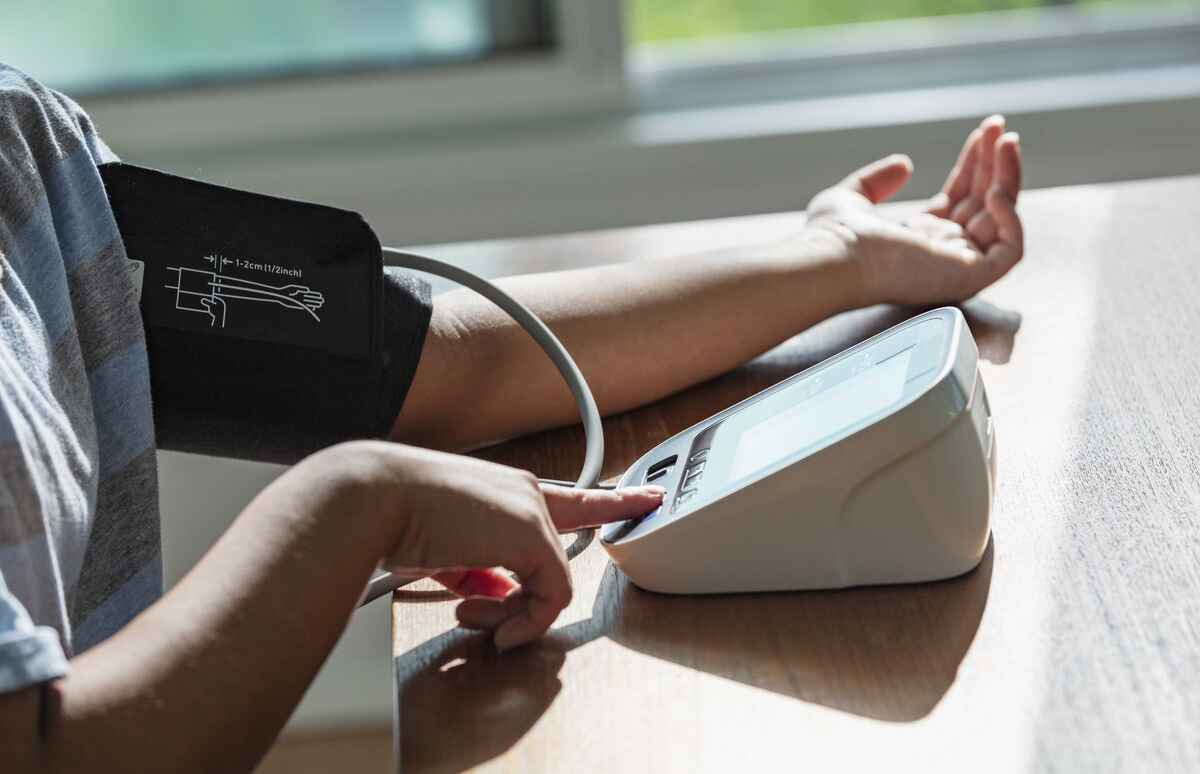When babies begin to master mobility it opens a whole new world for them, along with an endless array of new hazards. James Dodington, MD, and Kirsten Bechtel, MD, Pediatric Emergency Medicine, Yale New Haven Children’s Hospital, discuss places in your home to keep an extra eye.
“The ages of 1-4 are very exploratory,” said Dr. Dodington. “This is why injury is the leading cause of morbidity and mortality in this group. Knowing the major hazards could go a long way in preventing a life changing injury and avoiding some of the lower level ones too.”
The Kitchen
“At this stage it is very normal for kids to put everything in their mouths,” said Dr. Bechtel. “Especially bright colored things like cleaning sprays and pills. With cannabis edibles becoming more pervasive, we want to remind parents to keep toxic items high up and locked.”
Dr. Bechtel recommends keeping cleaning supplies out of reach instead of under the sink and ensure even vitamins—which can be dangerous at a high volume—be child locked.
Burns are also a common injury at this age, so Dr. Bechtel says to make sure all handles on hot pots are facing in and there is a “buffer zone” around the stove when cooking.
Bedroom
Make sure shades are string-free advises Dr. Dodington as dangling cords could be a strangulation hazard.
For very young children, Dr. Dodington recommends reviewing safe sleep guidelines.
Bathroom
Never leave your child unattended in the bath. Even if they seem calm and happy in the tub, slips and falls can happen fast and those little hands can turn the water on and even change the temperature.
If you can’t keep the bathroom door locked when unattended, a safety lock for the toilet may be necessary.
Laundry room
Laundry pods look delicious, but the high concentration of soap make them dangerous to ingest. Additionally, keeping front loading washers closed off from curious hands is a smart move.
Playroom
Playrooms are usually spaces where kids can have some freedom, however Dr. Dodington warns that older kids may have toys that have unsafe pieces for younger kids such as magnets from toys or the fridge and button batteries from birthday cards or hearing aids. Swallowing these items can lead to organ injuries.
“Scan the floor because that is what your child sees and they are like a moth to a flame when it comes to objects they aren’t supposed to have,” said Dr. Bechtel.
Backyard
Use gates strategically. When you’re looking to block off the bottom of stairs, a pressure mounted gate can do the trick. However, if blocking off the top of the stairs, the gate must be screwed in to prevent it from shifting out of place.
On the go
“The biggest mistake caregivers make is thinking the car seat is installed properly,” said Dr. Bechtel. “If anyone has concerns about car seat installation they can call 203-200-KIDS and make an appointment with our Center of Injury and Violence Prevention and a certified car seat technician will check your car seat.”
A note on firearms
Both physicians stressed that firearm owners must keep the firearm locked up and stored separately from ammunition. Asking about firearms before playdates regardless of the child’s age is always a good idea. Firearm injuries can be the most devastating of all.





